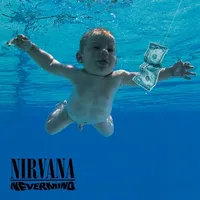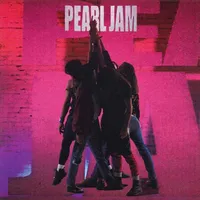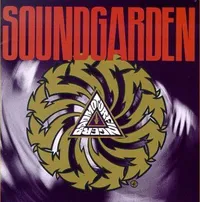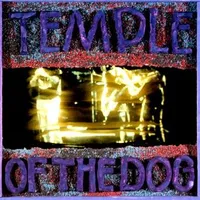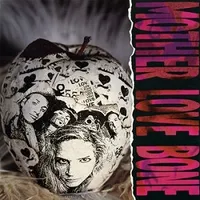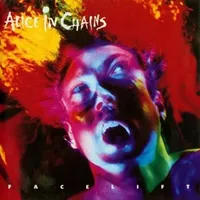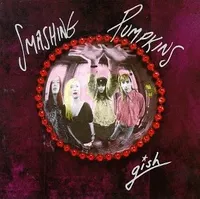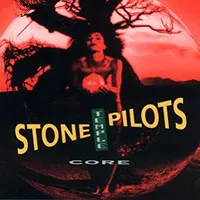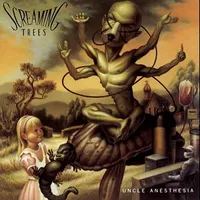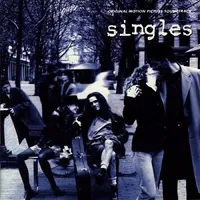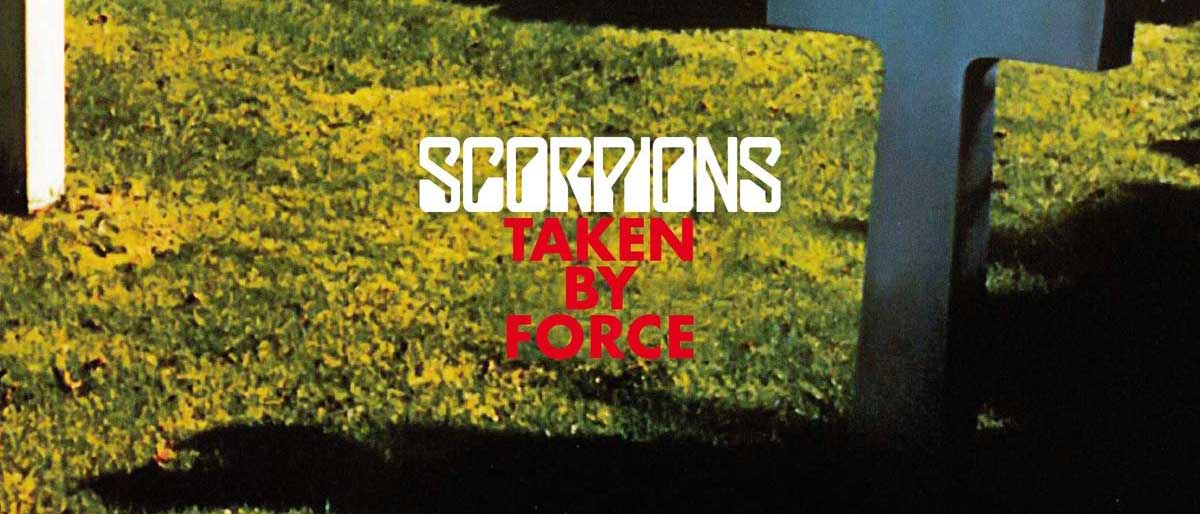10 grunge albums you should definitely own
Did grunge kill glam rock or rescue us from it? Either way, the new noise from Seattle was a revolutionary force. Here's ten of the best grunge albums
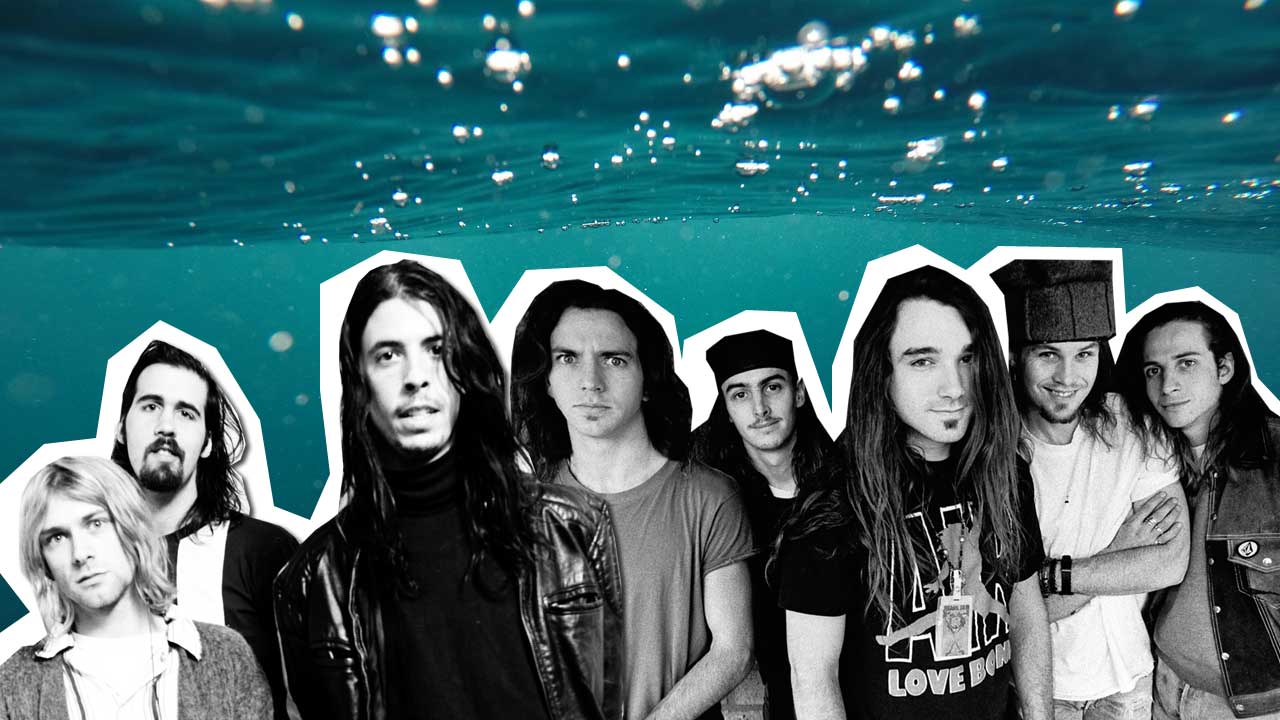
Select the newsletters you’d like to receive. Then, add your email to sign up.
You are now subscribed
Your newsletter sign-up was successful
Want to add more newsletters?

Every Friday
Louder
Louder’s weekly newsletter is jam-packed with the team’s personal highlights from the last seven days, including features, breaking news, reviews and tons of juicy exclusives from the world of alternative music.

Every Friday
Classic Rock
The Classic Rock newsletter is an essential read for the discerning rock fan. Every week we bring you the news, reviews and the very best features and interviews from our extensive archive. Written by rock fans for rock fans.

Every Friday
Metal Hammer
For the last four decades Metal Hammer has been the world’s greatest metal magazine. Created by metalheads for metalheads, ‘Hammer takes you behind the scenes, closer to the action, and nearer to the bands that you love the most.

Every Friday
Prog
The Prog newsletter brings you the very best of Prog Magazine and our website, every Friday. We'll deliver you the very latest news from the Prog universe, informative features and archive material from Prog’s impressive vault.
Love it or hate it, you’ve got to give credit to the grunge movement of the early 90s. Without it, we would have remained stuck in a quagmire of hairspray and make-up, with bands singing about fast cars and faster women. But a trio of bands in particular – Nirvana, Soundgarden and Pearl Jam – along with other similarly styled groups, helped bring about a sea change in popular music.
Until then, Seattle had already given us a few renowned names (most notably Jimi Hendrix and Heart), but 1991 truly put the Emerald City on the rock’n’roll map. Mixing the detuned, snail-paced riffs of Black Sabbath with the punk energy of Black Flag, the birth of grunge could be traced back to one Kiss-obsessed Buzz Osborne. He formed The Melvins in the logging town of Aberdeen, Washington. After that, it seemed like a lightbulb went on over the head of every local musician, and the first wave of soon-dubbed ‘grunge’ came fast and furious.
As with any new musical trend, it wasn’t long before record labels took note and began cranking out horrific pretenders. It’s something that can still be detected today; the number of bands with guitarists aping Nirvana riffs and singers imitating Eddie Vedder’s baritone is ridiculous.
One thing that the first wave grungers were not prepared for, however, was success, and the resultant drug abuse, deaths, break-ups and falling-outs of bands and their members effectively ended the movement almost as soon as it had begun.

Ask anyone which record is most synonymous with grunge, and the answer will probably be Nirvana’s landmark Nevermind. And there’s good reason for it being so: on that record, Kurt Cobain assembled a remarkable set of songs that appealed to headbangers, punks and pop fans alike.
That Nevermind includes Smells Like Teen Spirit – the song that single-handedly ignited grunge – is reason enough for the album’s ‘essential’ status, but elsewhere on it the hits just keep coming: Come As You Are, Lithium, In Bloom. Also, Nevermind popularised the now done-to-death quiet/raging-chorus style of songwriting.
Although Pearl Jam eventually rejected the mainstream, the band’s best album is also their most commercial: their magnificent debut, Ten. Instead of wallowing in misery following the demise of their band Mother Love Bone after the death of its singer, guitarist Stone Gossard and bassist Jeff Ament put together Pearl Jam, a much more back-to-basics unit.
In came Eddie Vedder on vocals, who had a knack for singing in a part news reporter/part campfire style (Alive, Even Flow, Jeremy). You also have to love that the album’s best song, Black, was never issued as a single.
Soundgarden - Badmotorfinger (1991)
Along with The Melvins, Soundgarden were one of the first Seattle bands to specialise in slow, murky riffs, and in Chris Cornell they had one of the best singers operating in the genre. By the time their third full-length album came along, 1991’s Badmotorfinger, the band had transformed into an adventurous outfit.
Prog-esque song structures abounded, and there was blaring saxophone on several songs; and it contained Outshined, an MTV hit that propelled the album up the charts. Soundgarden as a band were seven years old by 1991, but it wasn’t until Badmotorfinger that it all came together for them.
Temple Of The Dog - Temple Of The Dog (1991)
Born out of tragedy, this album remains one of the gems in grunge’s crown. Temple Of The Dog came about simply by a group of friends getting together to make a record to celebrate the life of Mother Love Bone singer Andrew Wood, who had died from a heroin overdose just weeks before.
Coincidentally, it was also the first time the majority of would later become Pearl Jam ever played together; Eddie Vedder supplied a neat counterpoint vocal to Chris Cornell on Hunger Strike, and backing vocals on Reach Down and the mournful Call Me A Dog. A cathartic work of genius.
Mother Love Bone - Apple (1990)
When seminal Seattle band Green River split into two factions, one half morphed into Mudhoney, while guitarist Stone Gossard and bassist Jeff Ament teamed up with vocalist Andrew Wood to form Mother Love Bone.
Apple is solid proof that grunge had its glammier side. From the snarly This Is Shangri-La to the wind-down simplicity of the piano-led Crown Of Thorns, the music has so much more impact knowing that this would be the only album Mother Love Bone would ever make (the much-loved Wood died of a heroin overdose before Apple was even released).
Alice In Chains - Facelift (1990)
Whereas many grunge bands had mostly punk influences, Alice In Chains were unashamedly a heavy metal band. Originally something of a glammed-up Guns N’ Roses, AIC’s eventual musical and visual make-over paid off immediately.
Facelift, in 1990, was the first grunge album to leave an impression on the charts (thanks to the success of Man In The Box), paving the way for Nevermind, Ten and Badmotorfinger, all of which followed AIC’s debut up the charts in the ensuing months. To many, Facelift only hinted at the band’s potential and the real gem is 1992’s dark classic, Dirt.
Smashing Pumpkins - Gish (1992)
This thrilling debut from one of the defining rock bands of the 90s sounds like a blueprint for the rest of their career. All the elements of their sound are here: epic, progressive song structures, layer upon dense layer of showy guitars, a solid but swinging rhythm section, and of course Billy Corgan’s angst-ridden confessional lyrics and emotive delivery.
Gish is dark, dramatic, and its moods are ever changing, from the slippery psychedelic riffs of rockers like I Am One and Siva to the album’s more tender moments with the chiming intricacies of Rhinoceros and the spidery folk strum of Crush.
Stone Temple Pilots - Core (1992)
When Stone Temple Pilots arrived with their debut Core in 1992, the majority of critics slammed them as Pearl Jam/Alice In Chains clones. But STP were not to be the bandwagon jumpers they were made out to be at the time.
While with subsequent albums the group would be more successful from a songwriting standpoint, Core is definitely their most grunge album, including such MTV favourites as Sex Type Thing, Plush and Creep. It is also the only STP album that wasn’t overshadowed by drama surrounding singer Scott Weiland’s drug problems and arrests.
Screaming Trees - Uncle Anesthesia (1991)
Grunge is not something that was usually associated with psychedelia, but one of the grunge’s originators, Screaming Trees, clearly had a thing for the 60s. Led by the Jim Morrison-esque Mark Lanegan, the group also included a pair of larger-than-life brothers, Van and Gary Lee Conner, on bass and guitar respectively.
Along with Soundgarden, the Trees were one of the first grunge bands signed to a major label, and 1991’s Chris Cornell-produced Uncle Anesthesia is their finest album, including such standout tracks like Ocean Of Confusion and Disappearing.
Various - Singles Original Soundtrack (1992)
Director Cameron Crowe has a way of perfectly capturing specific eras in his films, whether it’s a 70s touring rock band (Almost Famous) or grunge-era Seattle (Singles). For the latter’s soundtrack, Crowe assembled a collection of tracks that told the history of Seattle rock, where veterans like Jimi Hendrix and Heart (under their Lovemongers guise) merged with the new regime.
But what really made Singles so worthwhile was the inclusion of unreleased gems from Pearl Jam (Breath), Soundgarden (Birth Ritual) and Smashing Pumpkins (Drown), as well as a taster from Alice In Chains’ Dirt (Would?).
Sign up below to get the latest from Classic Rock, plus exclusive special offers, direct to your inbox!
Contributing writer at Classic Rock magazine since 2004. He has written for other outlets over the years, and has interviewed some of his favourite rock artists: Black Sabbath, Rush, Kiss, The Police, Devo, Sex Pistols, Ramones, Soundgarden, Meat Puppets, Blind Melon, Primus, King’s X… heck, even William Shatner! He is also the author of quite a few books, including Grunge Is Dead: The Oral History of Seattle Rock Music, A Devil on One Shoulder And An Angel on the Other: The Story of Shannon Hoon And Blind Melon, and MTV Ruled the World: The Early Years of Music Video, among others.
